Comprehensive Sexuality Education (CSE) Project
Our CSE Project has as goal; to raise awareness, instigate and facilitate the teaching of sound, age-appropriate holistic sexuality education to adolescents. Our primary target is school-going adolescents; however, our outputs can be utilised in out-of-school settings.
Problem Statement and Justification:
Over thirty-two per cent (32%) of Cameroon’s population is between the ages of 10 and 24 (Population Reference Bureau, 2013). This is one reason for the prioritisation of the health and well-being of this population group. Sexuality is a critical area of health and well-being that needs particular attention during adolescence. However, it is one of such domains with very limited evidence-based information and discussions on the area is very rare in many Cameroonian homes. This leaves young people vulnerable to sex-related problems. Comprehensive knowledge of HIV among adolescents between 2008 and 2012 stood at only 29.8% for males and 25.7% for females (UNICEF, 2013). UNFPA (2012) indicates that teenage pregnancy and childbirth is the number one killer for girls between 15 and 19. HIV prevalence stood at 1.0% and 1.8% respectively for boys and girls 15-24 years (UNCEF, 2012). There is also a high prevalence of early marriage estimated at 1 in every 3 girls before the age of 18 years (UNFPA, 2012).
Marinette, an 18-year-old student confirmed that the psychological, social and legal aspects of sexuality education were not taught in her college. She said that,
‘I knew what menstruation was, during my first experience. I felt awkward and knew nowhere to turn to. My grandmother told me that if I touched a boy, I would become pregnant. I felt even more awkward coming closer to boys.’ Marinette
During the radio programme, ‘Doctor on Call’ on Cameroon Radio and Television on 2nd October, 2016; featuring anchor lady, Alice Essambe Tatah and project manager, Desmond Nji, a teacher noted that:
‘Hello Madam, good morning to you and your guest. Honestly, your program is timely. I am in support of the notion that sex education should be included in the school programme. Madam, believe me; the rate of pregnancy among school girls is alarming. I invigiliated the General Certificate of Education June 2016 in one of the accomodation centers in the country and I noticed that about 100 girls of the form five class of that center where proudly pregnant.’ Uncle Tabe Tatoh.
Considering the massive gap in sexuality education as highlighted above, it becomes extremely critical to develop a framework to redress the problems of youth and sexuality using formal education systems in Cameroon.
The January 2007 Inter-ministerial Decree between the Ministries of Secondary and Basic Education endorsed Family Life Education in both primary and secondary schools in Cameroon. The Guidance/Counselling terms of reference, otherwise known as the syllabus includes some topics on sexuality apart from the anatomy usually taught in Biology and Human Biology lessons. However, the shallow content entails that the topics are not sufficiently covered with the breadth that sexuality education requires. Other important topics such as gender and human rights are yet to be elaborated.
There are definitely going to be ripple economic and social benefits when young people learn how to make informed decisions about their sexuality. This project identified a major problem as the inadequate sexuality education available to adolescents and it also proposed a strategy to solve the problem.
Thinking Around Sexuality Education
‘It is mainly a responsibility of the family to ensure that their adolescents have sound knowledge on their sexuality. The failure of many families to appropriately educate adolescents on their sexuality hugely favours the need for scientifically accurate, age-appropriate and relevant sexuality education to be taught in schools. In schools, young people spend a considerable time which permits them to form a society that is capable of hugely shaping their approach and responses to issues in the wider world. Equally, society suffers the effect of families not taking up this duty effectively, in a world of growing technology and media exposure. Therefore, families have also got to be aware. It is however, not a replacement of the family’s main responsibility.’
Desmond Nji
Milestones Achieved
Starting in 2016 with support from the Women Deliver seed grant won by Desmond Nji, we achieved significant milestones in the first two phases of our CSE project: “Comprehensive Sexuality Education: A Needful Approach to Sexuality Education in Cameroon Secondary Schools” and “Driving Sexuality Education in Cameroon Secondary Schools” (DCSE). We trained some school counsellors on CSE curriculum as well developing a CSE manual for secondary schools.
Key achievements include:
- Developing key points and proposals for age-appropriate sexuality education with contributions from a multisectoral reference group and research from technical and scientific material.
- Commitment mobilization from partners, SRH promoters, young people, and government officials including National and Regional Inspectors for Guidance /counselling. Out of the thirty-six (36) signatures committing to support effective teaching of age-appropriate sexuality education is schools, twenty-five (25) were from government officials among which were key stakeholders in the Ministry for Secondary Education who signed the commitment form pledging their support for the teaching of age-appropriate CSE in secondary schools (see resources section).
- Designing, writing and producing awareness messages. Three (3) such meetings where held with Ministry of Secondary Education officials.
- Delivering sample CSE lesson on Family Planning Methods for select secondary school students in the presence of at least 2 school counsellors.
- Seventy-one (71) key points for age-approiate sexuality education identified, spread across 9 units and split into 3 levels: level 1—junior adolescents (≈ 10 to 14 years), level 2—seniour adolescents (≈ 15 to 19 years), level 3—young people (≈ 20 and above).
- Orientation of thirty-one (31) school counsellors, thirty (30) teachers and fifteen (15) government officials on the teaching of age-appropriate CSE. One orientation took place at the Government Bilingual High School Bali, North West Region and one at the Government Bilingual Practicing High School (GBPHS) Yaoundé.
- One (01) Radio and one (01) TV outreach over the Cameroon Radio and Television (CRTV) to create awareness of the project and the importance of age-appropriate CSE.
- A publication on the Change Magazine was realised.
- An online publication was realised thanks to the US Embassy in Cameroon.
- Eighty (80) students in Government Technical High School (GTHS) Kumbo, nineteen (19) students in Government Bilingual High School (GBHS) Bali and eighy-two (82) students in Government Bilingual Practicing High School (GBPHS) Yaoundé were educated on a CSE topic.
- Thorough review and production of the CSE manual for Cameroon secondary schools using the Competency Based Approach (CBA). The CSE manual was endorsed by the Coordinating Inspector for Orientation and School Life at the North West Regional Delegation of Secondary Education, Mr. Ngu Michael Scots.
- Thirty-seven (37) additional school counsellors were trained in the Northwest Region of Cameroon, on CSE pedagogy among adolescents in secondary schools. This brought the total of trained counsellors to sixty-eight (68).
- Four (4) journalists engaged in gender talks.
- Fifty-four (54) additional adolescents were directly involved in the project included fifty (50) students in Kumbo who learnt Right to Privacy, Gender, Care of Sexual and Reproductive Organs. This brings to total 221 adolescents who have been engaged in the project through CSE lessons.
- 1003 direct public reactions in support of the project.
The sixteen (16) face-to-face meetings with government officials including policy makers led to increased commitments by 14 local and national policymakers who expressed commitment for adolescent health and well-being through increasing access to sexuality education among adolescents. Government stakeholders were from the Ministries of Secondary Education, Youth Affairs and Civic Education, Public Health and Women Empowerment and the Promotion of the Family.
RESOURCES
- Clic here to see CSE Manual (If you need the full manual, contact us)
- Clic here to see Commitments for age-appropriate sexuality education in secondary schools.
- Engaging adolescents
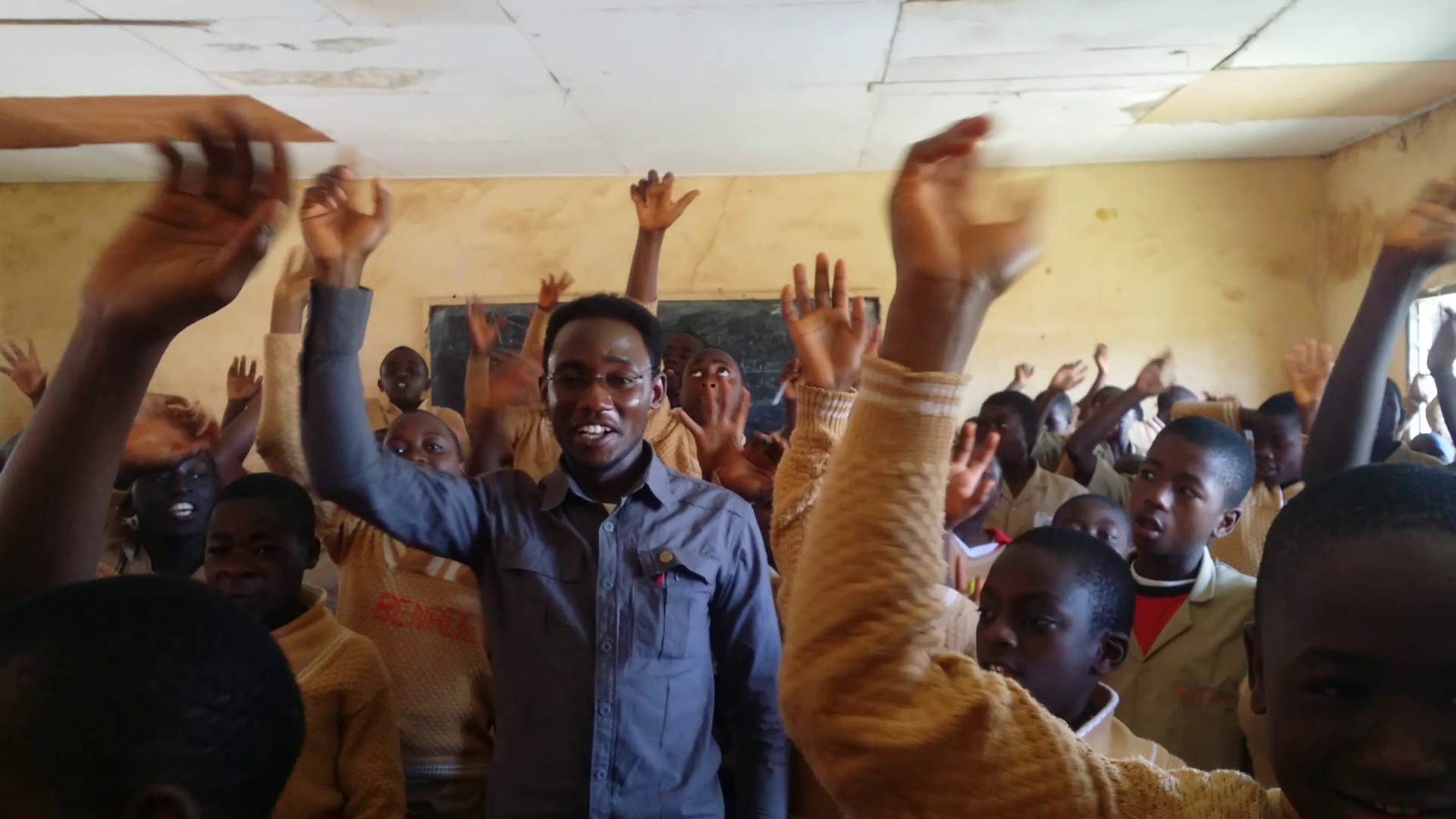
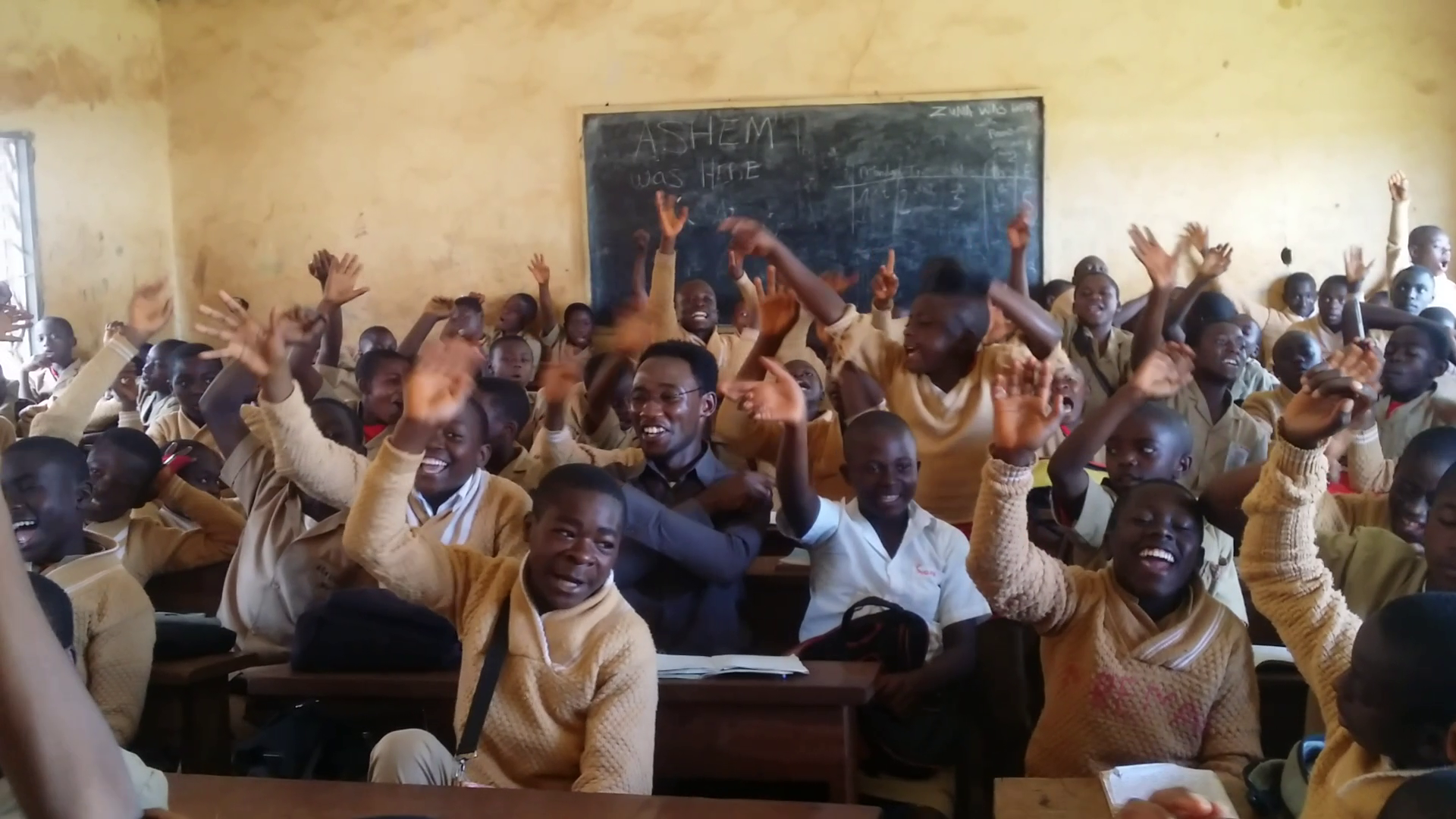
- Training of school counsellors
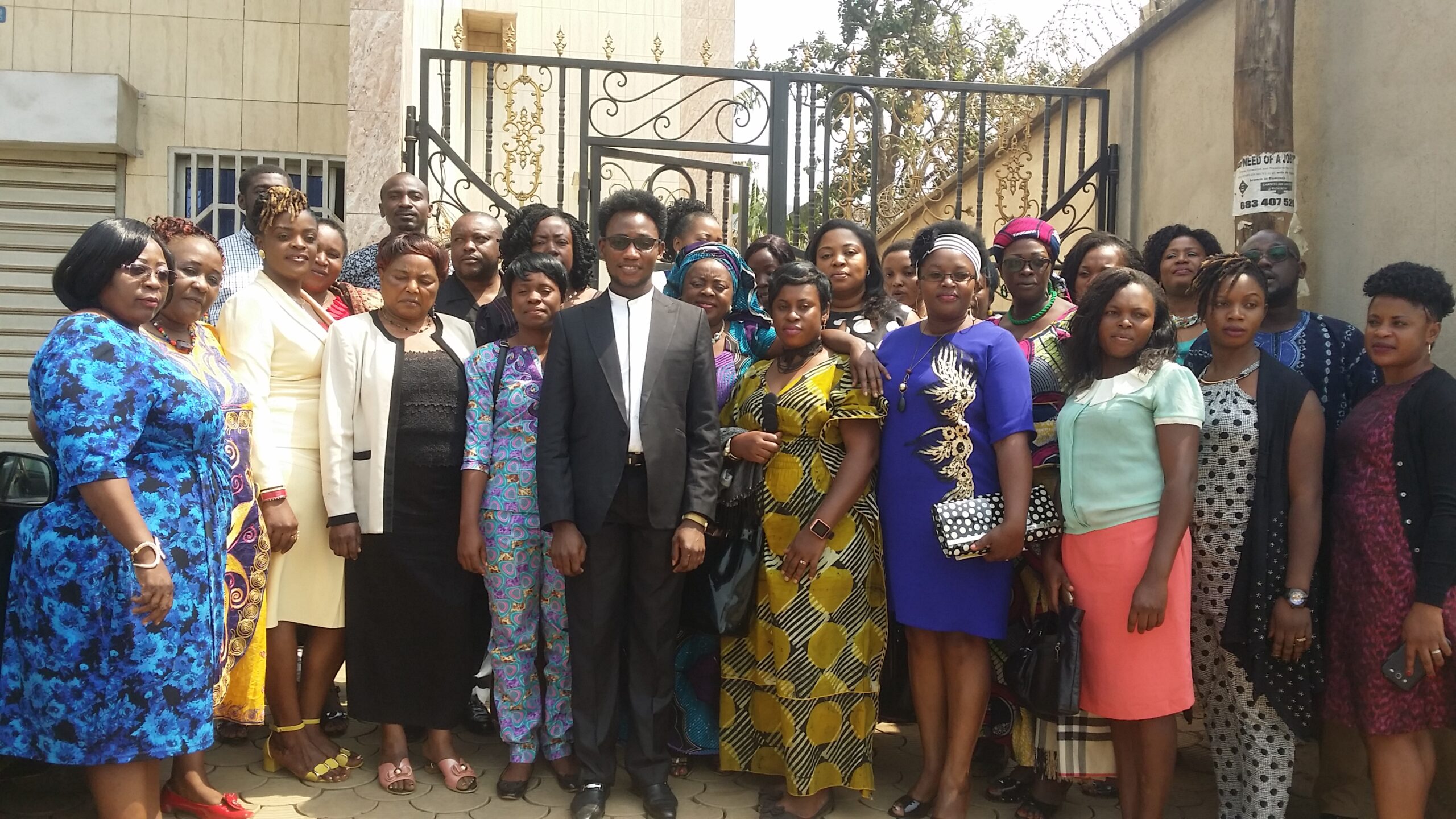
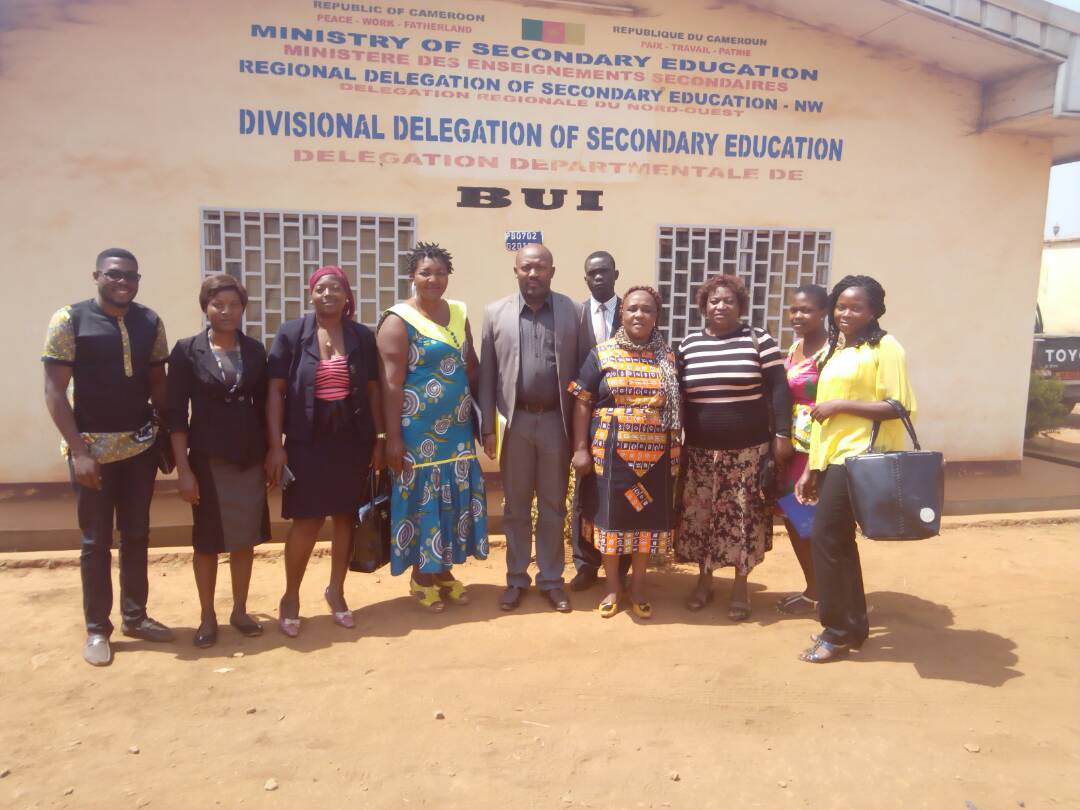
- Engaging stakeholders

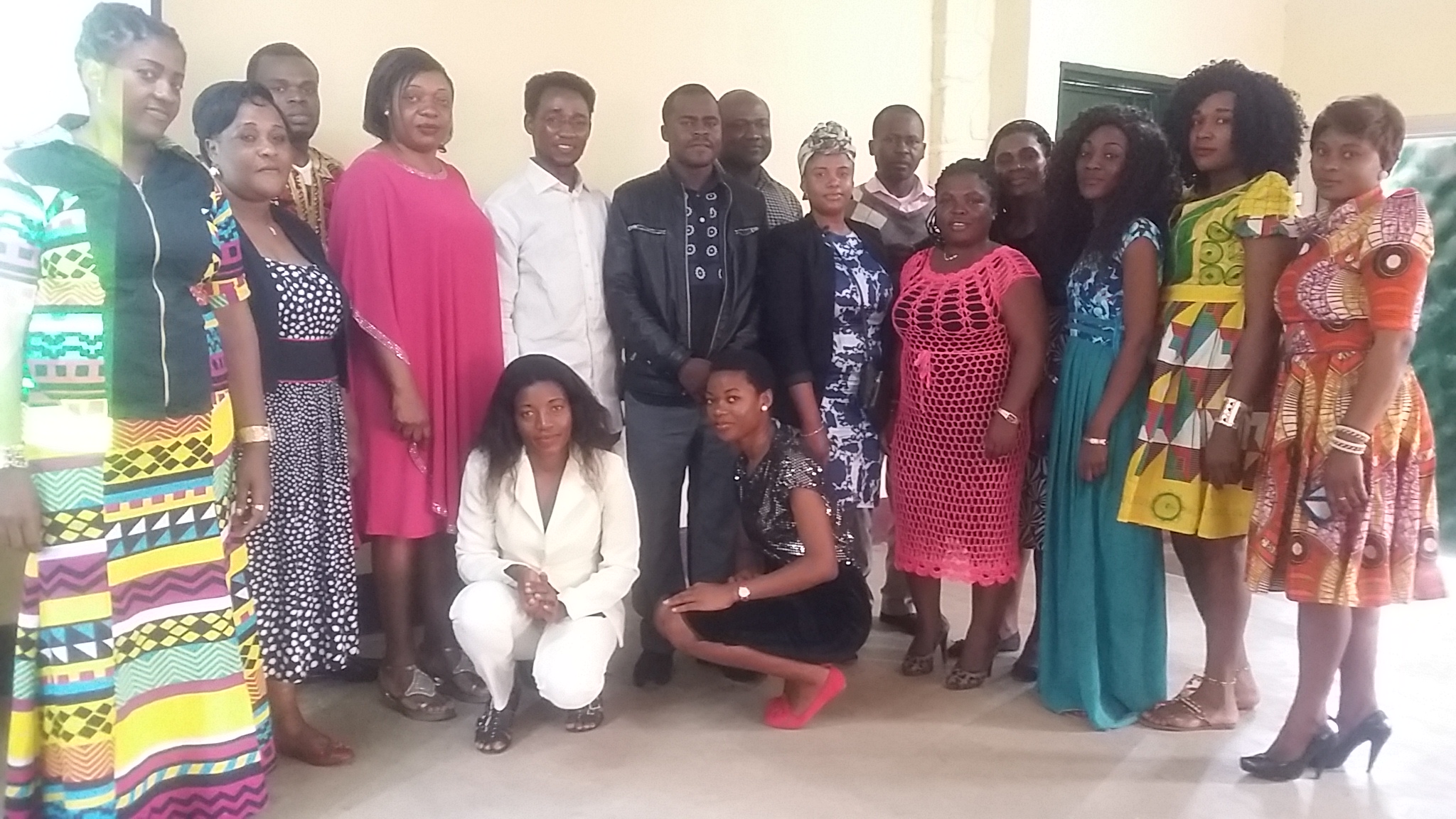
- Workshops
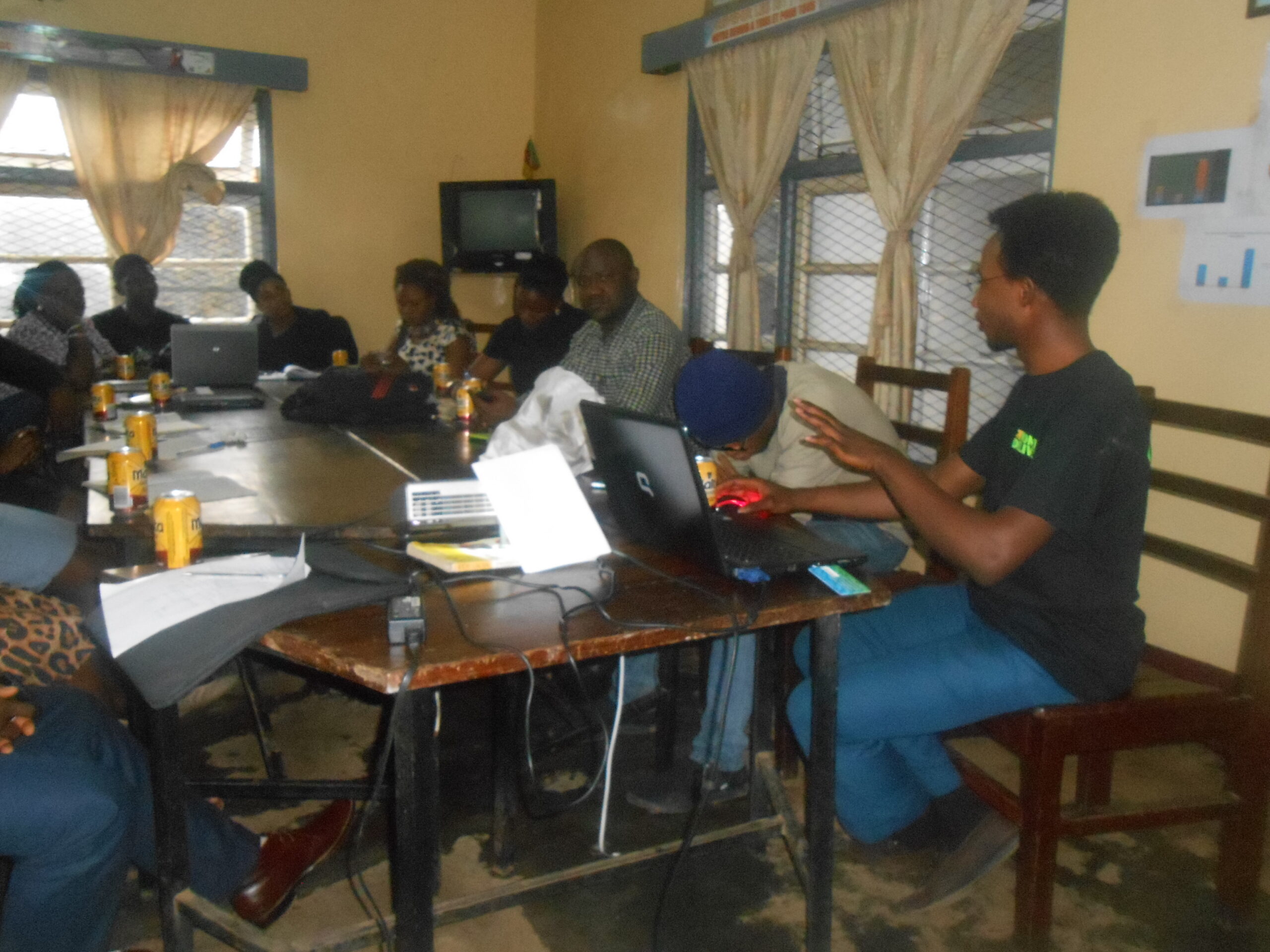
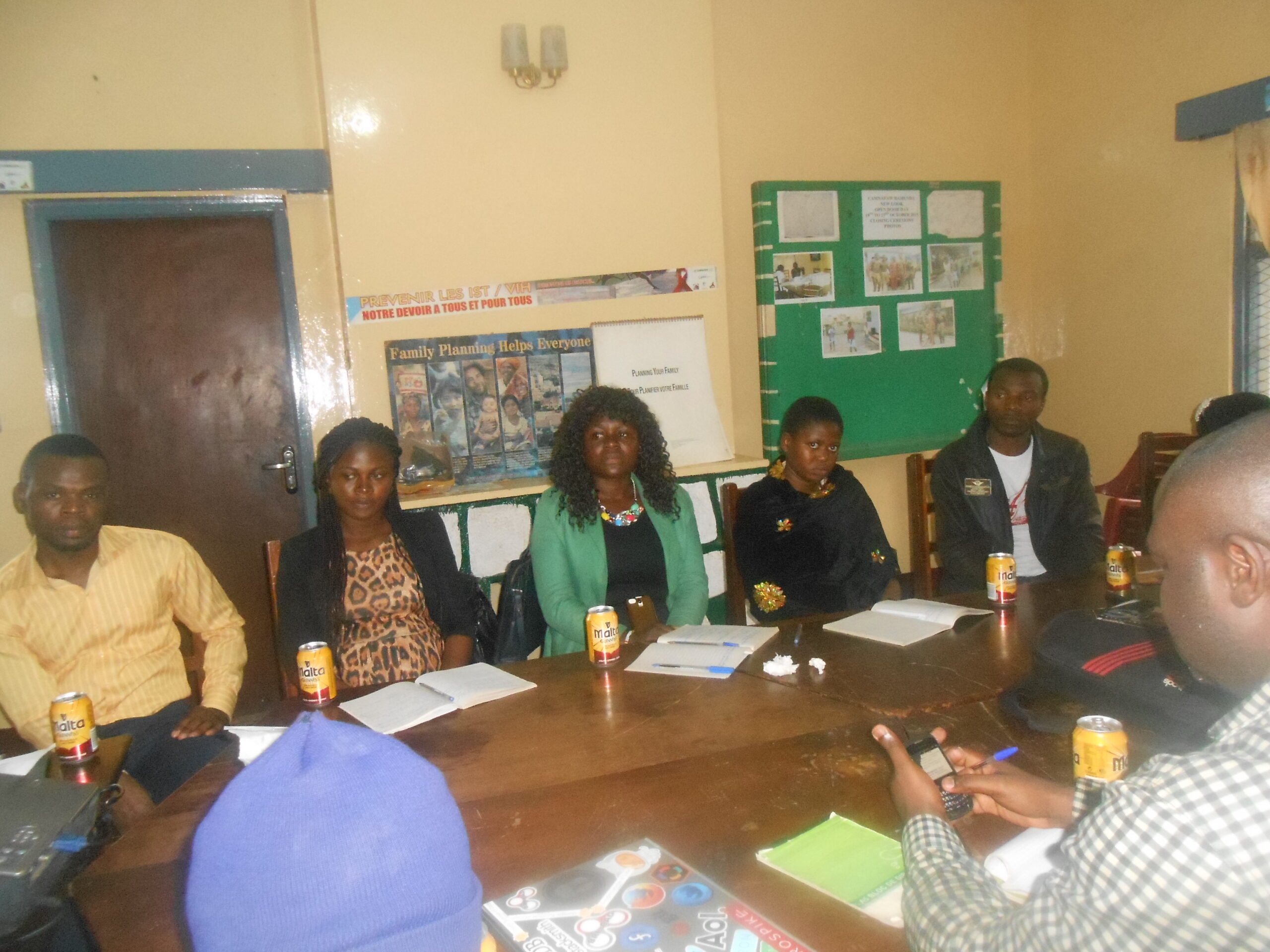
2. Commitments for age-appropriate sexuality education in secondary schools.
Some remarks and statements of project stakeholders:
• During a review workshop on the 5th January 2018 in Bamenda, Regional Pedagogic Inspector, Jonathan Nshing said,
‘I am excited to be part of this review of the schemes to be used for comprehensive sex education that are being developed to be used nationwide. I think the workshop that we had today was very rich, very engaging because we were able to look at the modules that DESERVE and the partners are trying to put in place and we were trying to break them down in such a way that they can actually be teachable in our school context . . . We are fully committed to come out with . . . a powerful document. . .’
• During a training in Bamenda, Ambe Claudine, School Counsellor in Government High School Bafut and President of the Mezam School Counsellors Association who took part in the training in Bamenda said:
‘We are here for a training seminar on comprehensive sexual education organized by DESERVE here in Bamenda, North West Region. I think that this activity on comprehensive sexual education is still timely because as a Guidance/counsellor, we’ve been carrying it out in our various schools but I think today we’ve had a new experience; we’ve had a lot of ideas which have gone to upgrade our knowledge and we think that back in our various schools, we are going to add the new skills we’ve gained during this training seminar so that our students will also benefit directly from what we’ve learnt today. . .We are the ambassadors; and you’ve chosen the right ambassadors for this particular comprehensive sexual education. We are just going to do what is expected of us and just like Oliver Twist, we are saying that we are looking up to more seminars of this magnitude. Once more, thank you.’
To support this initiative, please donate here